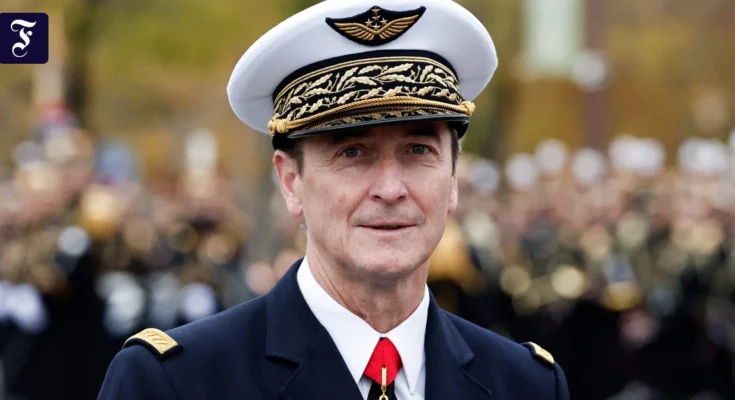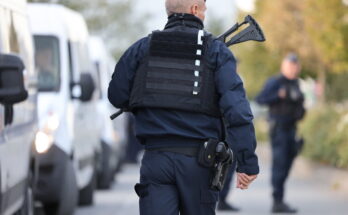French Chief of General Staff Fabien Mandon caused a stir with his statement that the country must be prepared to lose its children in war to ward off the threat of a Russian attack. “If our country surrenders because it is not ready to accept the loss of its children, (…) unfortunately there is no reason to believe that this will mean the end of the war on our continent,” the army chief said at the Congress of French Mayors in Paris.
“Unfortunately, as I know from the information I have, Russia is currently preparing for confrontation with our countries in 2030. Russia is organizing it, is preparing for it and believes that their main enemy is NATO, and our country,” said Mandon. Given this situation, France must be prepared to bear human losses and economic consequences because, for example, the arms industry takes priority. “If we are not willing to do this, then we are in danger.”
Criticism from the left and the right
A number of politicians reacted angrily to the military chief’s statement. Left-wing party leader Jean-Luc Mélenchon said it was not the military chief’s job to call for preparations for war that no one had decided on. The deputy chairman of the far-right National Rally, Sébastien Chenu, said the chief of staff had no authority to panic the public with such alarming statements. “Yes to national defense, but no to unbearably incendiary speeches,” wrote communist leader Fabien Roussel in X.
France also considered the possibility of armed conflict in new guidelines for better security in crises, published on Thursday. In addition to natural disasters, industrial emergencies, cyber and terrorist attacks, the brochure also discusses the possibility of “deploying our armed forces in greater numbers.”
“Defense operations outside state territory”. In this case, France could be threatened with a hybrid destabilization campaign, for which society must be prepared.
Meanwhile, the French government published new guidance on how to behave in crises and disasters on Thursday. “We must prepare ourselves so that we can continue living normally if a crisis occurs,” says the foreword, which lists the impacts of climate change such as flooding, wars in Ukraine and the Middle East, and trade conflicts. “These issues could become crises,” says the 30-page guide, which describes a variety of specific scenarios, including nuclear accidents, cyberattacks and attacks.



